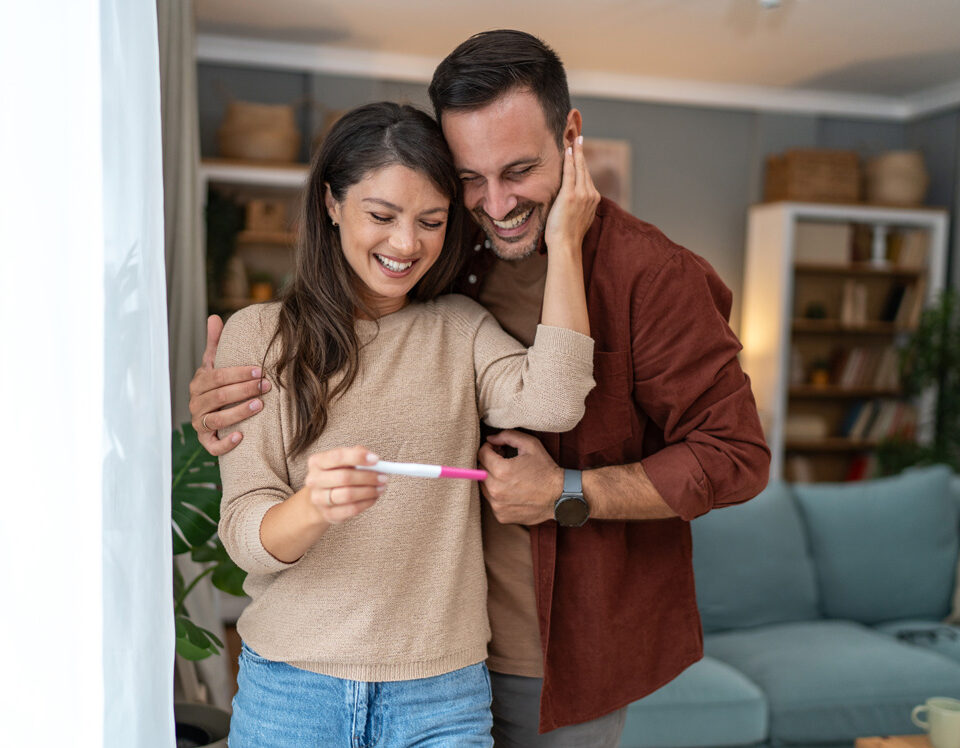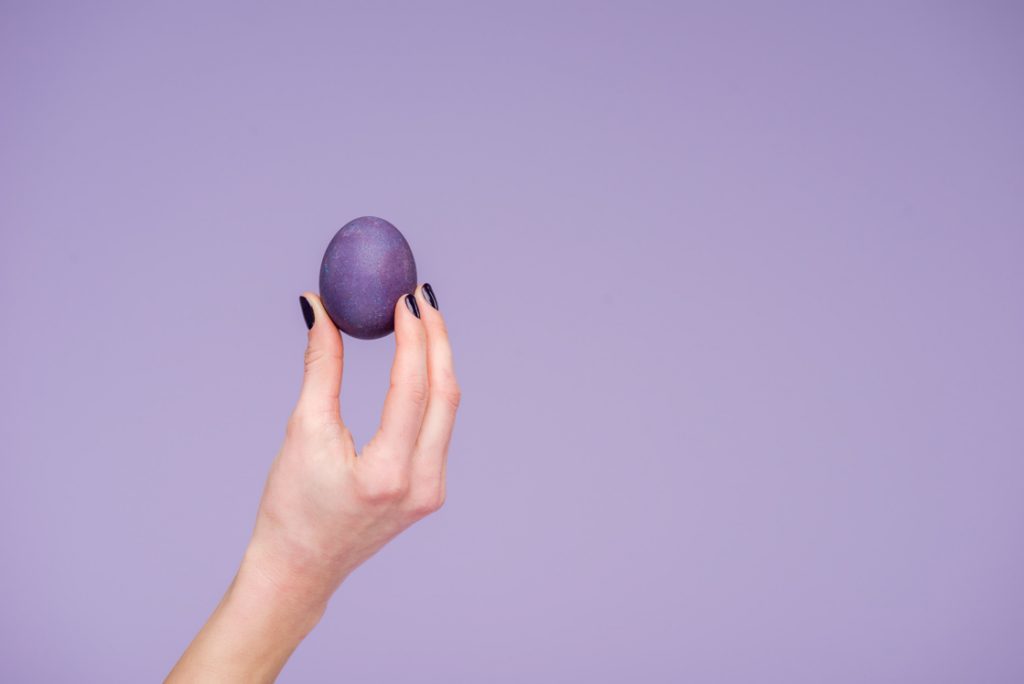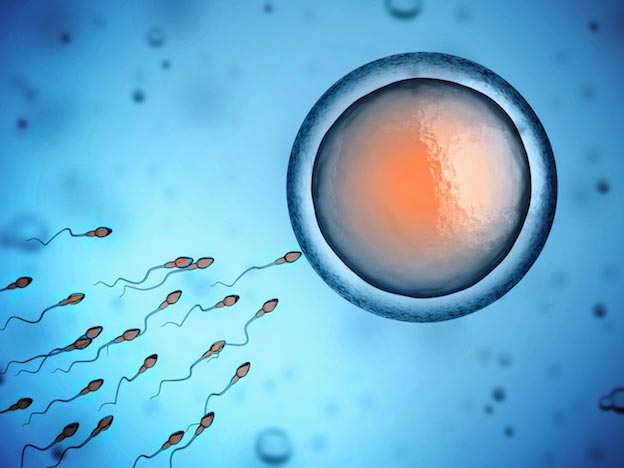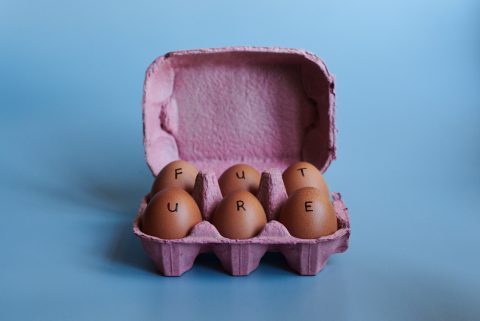Egg freezing can help you preserve your reproductive potential – the chance of having a child later in life. But do you know the best age to freeze your eggs?
Egg freezing is only available on the NHS in certain circumstances (undergoing chemotherapy or another medical treatment that can affect fertility). But there are other many other reasons women may choose to freeze their eggs; for some single women egg freezing can extend the window of opportunity and reduce the pressure of finding the right partner. Other women may just not be ready for children yet but know they want a biological child in the future so choose egg freezing as a way of achieving this at a later age.
However, egg freezing doesn’t guarantee a successful pregnancy. And figures show that only 32% of patients freezing their eggs are 35 or younger.
Dr Gorgy, Fertility Consultant at The Fertility & Gynaecology Academy says: “The success rate of egg freezing is strongly linked to a woman’s age when the eggs are frozen. As you may expect, when the eggs are harvested at an older age, this can lead to very low rate of live births. Women are born with 1-2 million eggs but this reduces with age. By 35 only around 6% of the eggs remain. The quality of these eggs are also impacted by age, meaning that the older a woman is the higher the chance of miscarriage and birth defects.
“A lot of women freeze their eggs as a final option to prolong their fertility. Currently, less than one in three women are choosing to freeze their eggs before the age of 35. We should be encouraging women to freeze their eggs earlier and work towards making egg freezing a planned decision. In order to increase the chance of success with egg freezing, women should be looking to undergo egg freezing in their 20s.”
Success rate of frozen eggs
Because egg freezing is a relatively new procedure, there isn’t much data to analyse. However, that being said, what small data there is shows that with vitrification about 90% of eggs survive freezing, and around 75% will successfully fertilise. The chance of pregnancy is 30-60% but this varies based on your age at time of egg freezing (Mayo Clinic).
In 2016, the birth rate PET for thaw cycles was 19%, continuing a general upward trend in birth rates. This is only two percentage points lower than the overall IVF birth rate per embryo transfer (PET) in 2016 (21%) (HFEA).
There is a notable variation in birth rates by age at freezing, and a minimal variation in birth rates by age at thaw. The highest birth rates are seen in cycles which used eggs frozen by patients aged below 35, for both PET 17% and per treatment cycle (PTC) 20%. This reduces to 5% and 11% for cycles which used eggs frozen by patients aged 40–42.
Egg freezing involves…
Being tested for HIV and hepatitis to enable any affected eggs to be stored appropriately to prevent contamination.
The egg freezing process is the same as the first part of IVF, except that instead of fertilising the eggs with the sperm right away, they are frozen for use at a later date. The process takes 2-3 weeks and involves taking prescribed injectable drugs to stimulate the ovaries. Usually a woman produces one egg each month but the drugs increase the production of eggs and help them mature. Once ready, the eggs are harvested under sedation.
About 15 eggs are harvested (though this varies), washed, mixed with a cryoprotectant and frozen in liquid nitrogen using a technique called vitrification.
When you are ready to use your eggs they will be thawed and the ones that survive this process will undergo the ICSI process – the eggs will be fertilised in the laboratory with either your partner’s sperm or your donor’s sperm.
Eggs can only be kept for 10 years, as per HFEA guidelines. Renewal of storage is possible subject to personal circumstances.
How much does egg freezing cost?
The cost of egg freezing varies, but generally ranges from £3,500 to £5,000. There is also a cost for storage each year. Here at The Fertility & Gynaecology Academy we pride ourselves on making all our costs transparent as possible and fees can be seen on our website.
To speak with Dr Gorgy about your choices around egg freezing at The Fertility & Gynaecology Academy, you can visit our website or call our support team on 020 7224 1880 to book an appointment.







